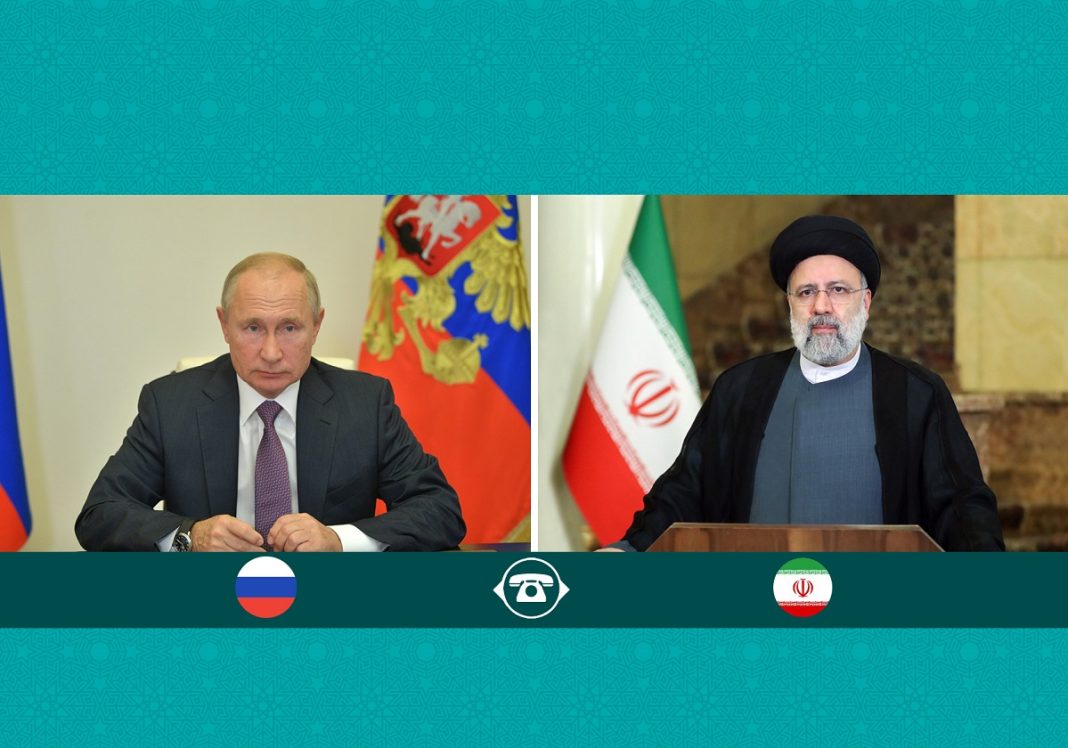They advocated for dialogues in the “3+3” format Involving Armenia, and Azerbaijan, Georgia, Turkey, Russia, and Iran, underscoring the importance of keeping foreign interference at bay in matters concerning the region.
This comes as tensions between Armenia and Azerbaijan remain relatively high nearly two years after the arch-foes fought a war over the disputed Nagorno-Karabakh region.
Both leaders also expressed their satisfaction with the progress in bilateral relations and reaffirmed their commitment to enhancing cooperation between the two nations.
The discussion centered on the advancement of joint agreements and projects, particularly in transit, transportation, and exchange sectors, emphasizing the need to expedite their implementation.
Notably, they highlighted the importance of completing the North-South Corridor to boost connectivity and trade.
Raisi hailed Russia’s support for Iran’s membership in BRICS, underscoring the significance of this group as an emerging economy shaping a multipolar world.
He emphasized the potential for expanding bilateral, regional, and international interactions among Iran, Russia, and other member countries within the BRICS framework.
Putin, for his part, acknowledged the remarkable increase in trade volume between the two countries in the previous year.
He expressed optimism regarding the swift implementation of the Rasht-Astara railway, a project set to connect the railway lines of Iran, Azerbaijan, and Russia.
Putin also emphasized Iran’s strategic partnership with Russia.
